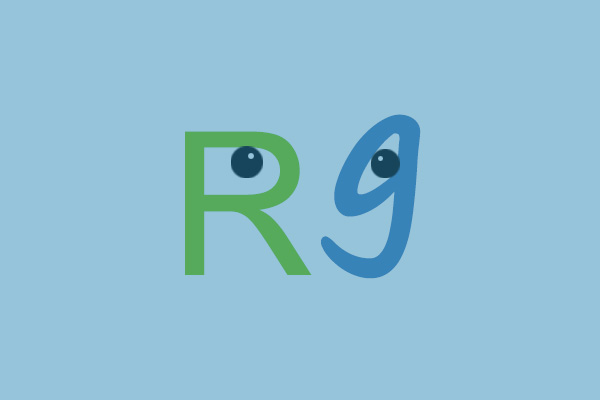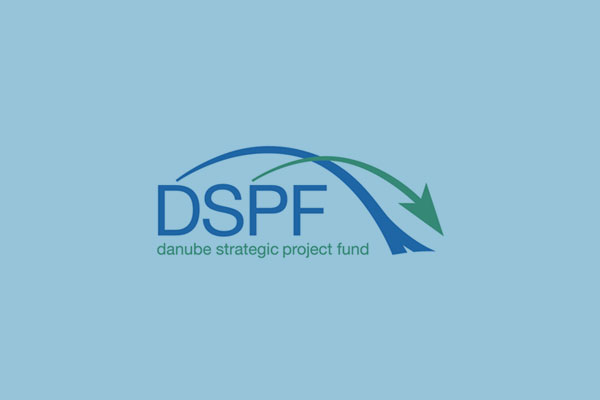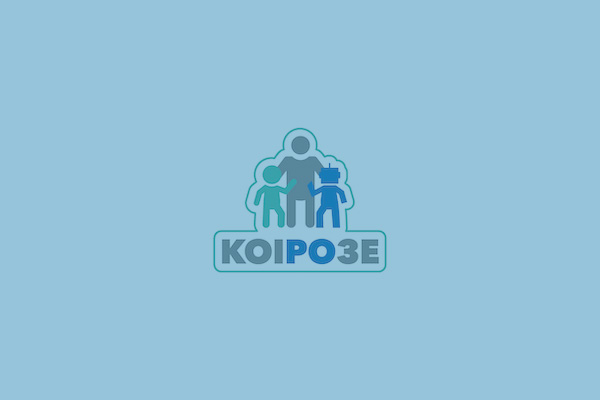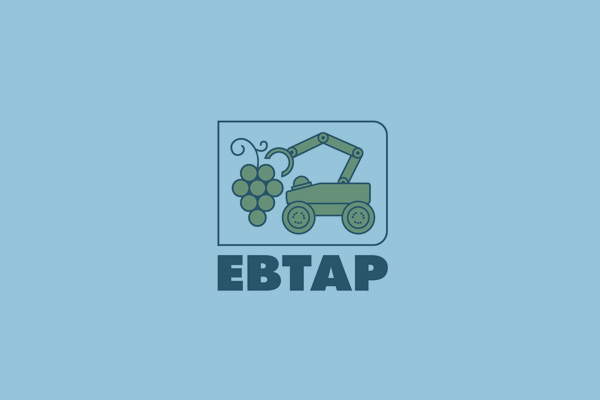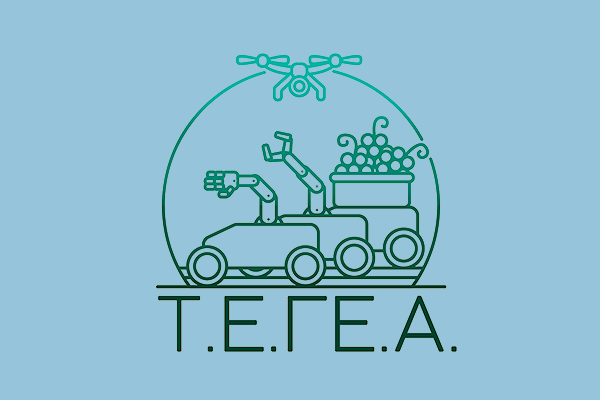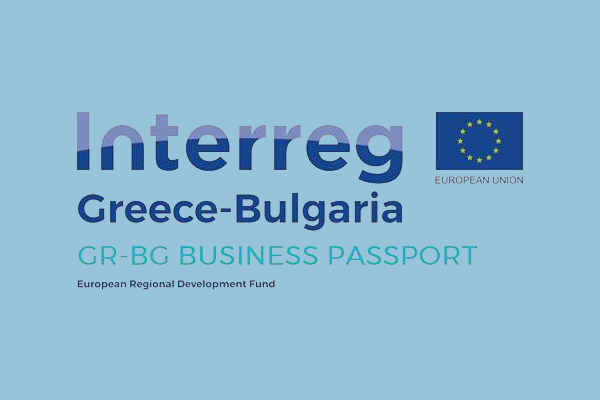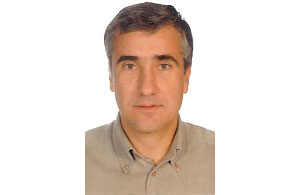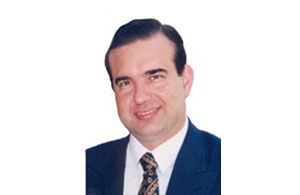Cyber-physical systems for pedagogical rehabilitation from an inclusive education perspective – Broad Research in Artificial Intelligence and Neuroscience 2020, 11(2Sup1), pp. 186-207
M. Dimitrova, S. Kostova, A. Lekova, E. Vrochidou, I. Chavdarov, A. Krastev, R. Bostova, A. Andreeva, V. Stancheva-Popokostadinova, L. Ozeata. “Cyber-physical systems for pedagogical rehabilitation from an inclusive education perspective”, BRAIN. Broad Research in Artificial Intelligence and Neuroscience, 11(2Sup1), pp. 186-207. https://doi.org/10.18662/brain/11.2Sup1/104 , 2020.


 Greek
Greek